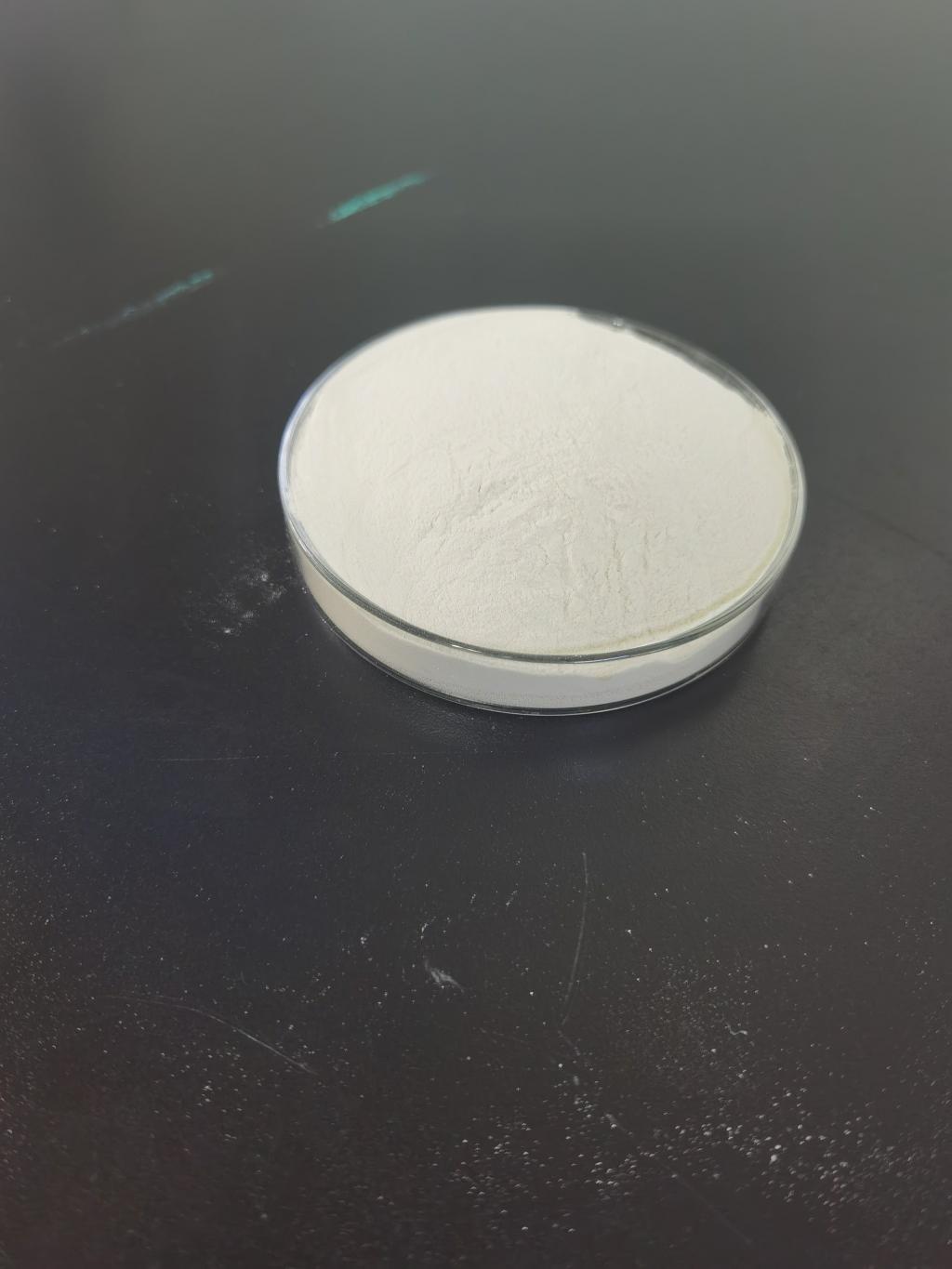Tel:+8618231198596

News
 CONTACT
CONTACT
 CONTACT
CONTACT
- Linkman:Linda Yao
- Tel: +8618231198596
- Email:linda.yao@dcpharma.cn
- Linkman:CHARLES.WANG
- Department:Overseas
- Tel: 0086 0311-85537378 0086 0311-85539701
News
Current Position:
Home >
News
>Product Price and Nisin's Implications for Personalized Nutrition Approaches.
Product Price and Nisin's Implications for Personalized Nutrition Approaches.
TIME:2023-10-10
Introduction:
Nutrition has long been recognized as a critical determinant of health, but it is becoming increasingly evident that a one-size-fits-all approach to dietary recommendations may not be optimal for everyone. Personalized nutrition, also known as precision nutrition, is a field that aims to provide individuals with dietary advice tailored to their unique genetic, metabolic, and lifestyle characteristics. This approach recognizes that people have distinct nutritional requirements and that optimizing these requirements can have a profound impact on health and well-being.
The gut microbiome, the diverse community of microorganisms residing in the digestive tract, plays a pivotal role in health and disease. It influences digestion, metabolism, immunity, and even mental health. Emerging research indicates that manipulating the gut microbiota through dietary interventions can have profound effects on an individual's health. Nisin, a naturally occurring antimicrobial peptide with a long history of safe use in the food industry, has the potential to be a valuable tool in shaping personalized nutrition approaches by modulating the gut microbiome.
Personalized Nutrition: The Science Behind It
Genetic Variability:
Genetic factors influence how individuals metabolize nutrients, respond to specific foods, and are predisposed to certain health conditions. Personalized nutrition takes into account an individual's genetic makeup to tailor dietary recommendations.
Metabolic Diversity:
Metabolic differences among individuals impact nutrient utilization, energy expenditure, and dietary requirements. Personalized nutrition considers these variations to optimize nutrient intake and energy balance.
Lifestyle Factors:
Lifestyle choices, such as physical activity, sleep patterns, and stress levels, play a crucial role in health and can interact with dietary choices. Personalized nutrition factors in these lifestyle variables to create tailored dietary plans.
Gut Microbiome:
The gut microbiome, composed of trillions of microorganisms, contributes to nutrient metabolism and overall health. Personalized nutrition recognizes the impact of the gut microbiome on dietary responses and health outcomes.
The Gut Microbiome's Role in Personalized Nutrition:
The gut microbiome is a dynamic ecosystem of bacteria, viruses, fungi, and other microorganisms that inhabit the gastrointestinal tract. It plays a multifaceted role in health:
Digestion and Nutrient Absorption:
Gut bacteria aid in the digestion of complex carbohydrates and the absorption of certain vitamins and minerals. Variations in the gut microbiota can influence nutrient utilization.
Metabolism and Weight Management:
The composition of the gut microbiome can impact energy metabolism and fat storage, affecting an individual's propensity for weight gain or loss.
Immune Function:
The gut microbiota is closely linked to the immune system. A balanced microbiome is associated with a lower risk of inflammatory conditions and autoimmune diseases.
Mental Health:
Emerging research suggests a gut-brain connection, with the gut microbiome influencing mood and cognitive function. This has implications for mental health and well-being.
Disease Risk:
Alterations in the gut microbiome have been linked to various diseases, including obesity, diabetes, inflammatory bowel disease, and cardiovascular disorders.
Nisin's Influence on the Gut Microbiome:
Nisin's potential as a modulator of the gut microbiome stems from its antimicrobial properties:
Selective Microbial Inhibition:
Nisin primarily targets Gram-positive bacteria, including some pathogens. When incorporated into the diet, nisin can selectively inhibit the growth of harmful bacteria while leaving beneficial species unharmed.
Preserving Beneficial Bacteria:
Nisin's ability to spare beneficial gut bacteria, such as Lactobacillus and Bifidobacterium, is particularly promising. These bacteria play essential roles in digestion, immune function, and overall health.
Balancing the Microbiome:
By reducing the prevalence of harmful bacteria, nisin can help restore a healthier balance to the gut microbiota. This rebalancing can have positive implications for digestion, metabolism, and immune function.
Potential for Personalization:
Nisin's effects on the gut microbiome may vary from person to person, making it a candidate for personalized nutrition interventions. Specific strains and doses of nisin could be recommended based on an individual's microbiome composition.
Nisin in Personalized Nutrition Strategies:
Gut Microbiome Assessment:
Personalized nutrition begins with an assessment of an individual's gut microbiome composition. Advances in microbiome sequencing technology make it possible to identify specific microbial profiles.
Targeted Interventions:
Based on the microbiome assessment, personalized dietary recommendations can include the incorporation of nisin-containing foods or supplements to address microbial imbalances.
Monitoring and Adjustments:
Regular monitoring of an individual's gut microbiome allows for ongoing adjustments to the personalized nutrition plan. This iterative approach maximizes the benefits of dietary interventions.
Disease Prevention and Management:
Nisin's potential in modulating the gut microbiome has implications for preventing and managing a range of health conditions, from obesity and diabetes to inflammatory diseases.
Synergistic Approaches:
Combining nisin with other dietary components, such as prebiotics and probiotics, can enhance its effects on the gut microbiome. These synergistic approaches can be tailored to individual needs.
Conclusion:
Personalized nutrition is at the forefront of efforts to optimize health through individualized dietary recommendations. The gut microbiome's role in shaping health outcomes is increasingly recognized, and nisin, a natural antimicrobial peptide, holds promise as a tool for modulating this vital ecosystem. By selectively inhibiting harmful bacteria while preserving beneficial microbes, nisin can contribute to personalized nutrition strategies that address individual needs and promote better health. However, further research is needed to understand the full extent of nisin's impact on the gut microbiome and its potential in personalized nutrition. As our understanding of the microbiome continues to evolve, integrating nisin into personalized nutrition approaches could represent a significant step toward improving health outcomes on an individualized basis.
- Tel:+8618231198596
- Whatsapp:18231198596
- Chat With Skype







